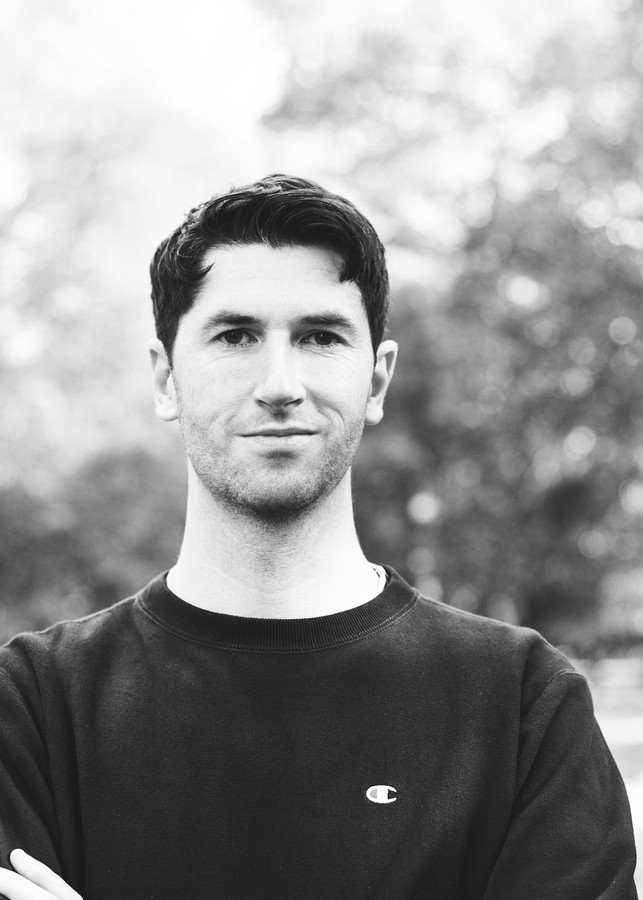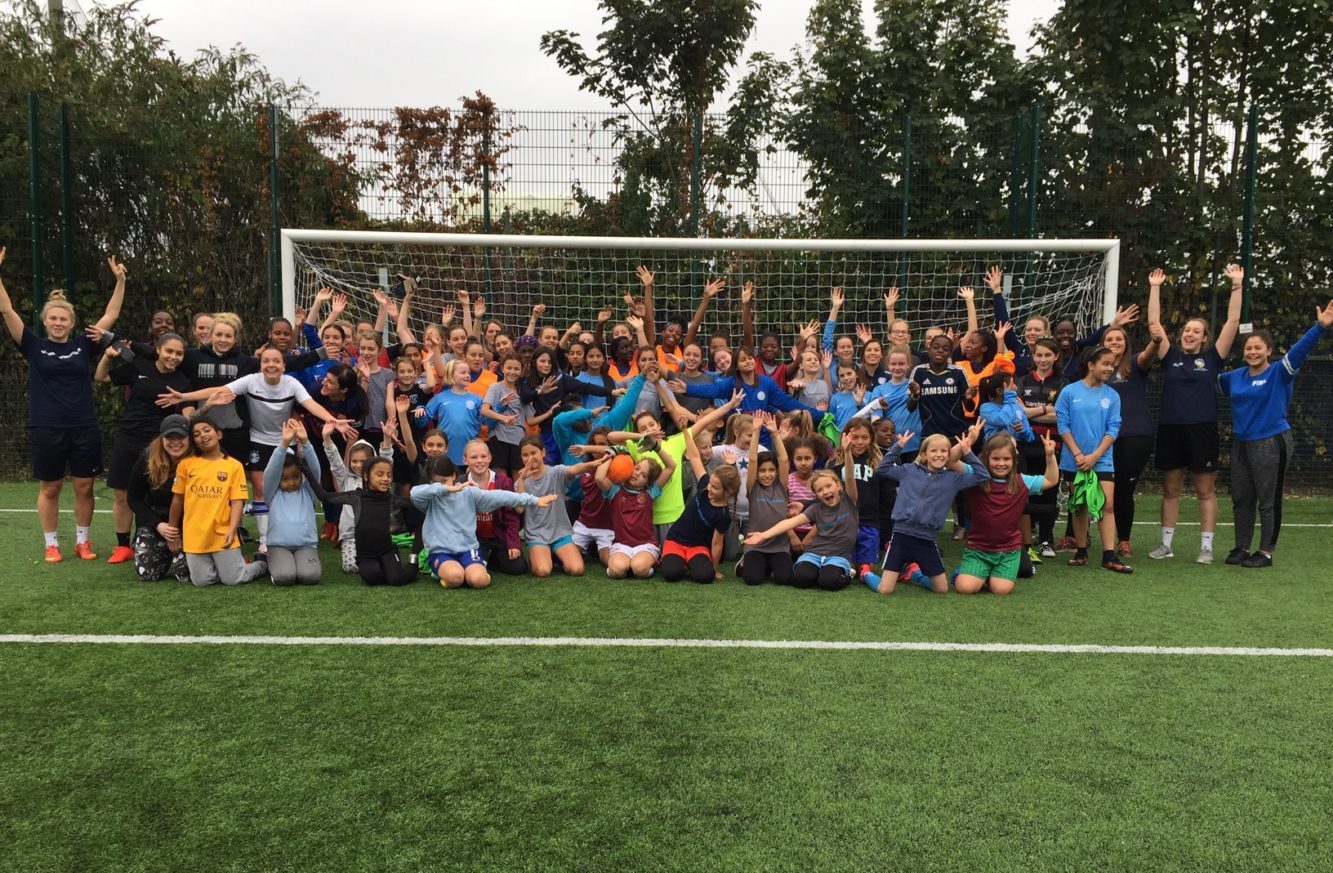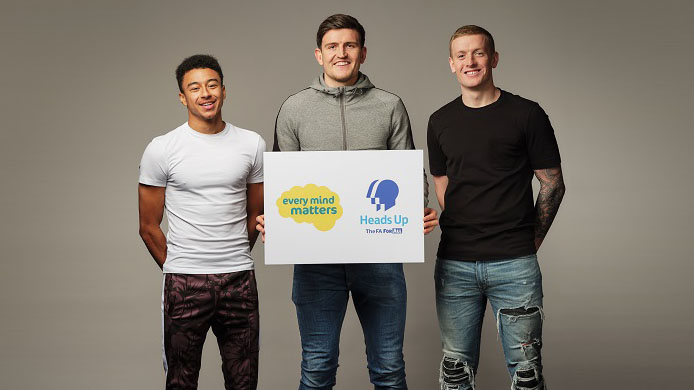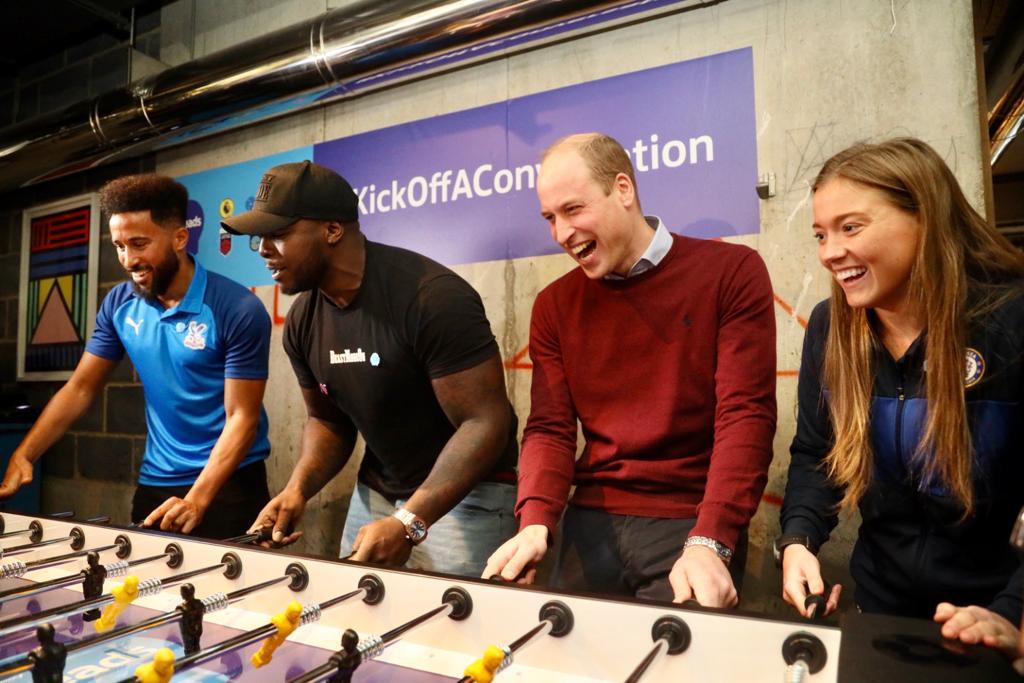In June 1994, I was twelve, Wet, Wet, Wet were number one, and the World Cup in America was delivering some of the best kits football had ever produced – in particular the host nation’s faux-denim, starry number, which a lad in the year below me owned, elevating him to stratospheric levels of cool.
Also that year, my beloved Tranmere Rovers were knocking on the door of the Premier League, thanks to a torrent of goals from John Aldridge. And my love for football was cemented. My relationship with the beautiful game at that time was built on entertainment, trivia, style and excitement. Fast forward to 2020, and I’ve grown to also count the positive effects football can have on mental health as another reason why I love the game.
As I entered my late teens, my mental health began to deteriorate and I was diagnosed with anxiety, depression and OCD.
My lived experience as a youth motivated me, as an adult, to help people gain access to services and counselling. As a qualified journalist with ten years experience working in various media and communications roles, I sought to align my professional experience with a desire to help normalise mental health and The Mind Map was founded in 2017.
At The Mind Map, we take a holistic approach to mental health – raising awareness alongside training and clinical interventions. Our work is informed in part by our team’s lived experience but also by a three-year research project. Our latest quantitative study into current online mental health provisions showed a staggering 88.5% of students at Liverpool John Moores University felt there were not enough online provisions available. 37% rated the support they encountered as ‘poor’ and 43% responded it was ‘ok’.
Visitors to The Mind Map can now book a counsellor with the click of a button and we are proud to be partnering with the University of Liverpool to provide their students with counselling. We also provide Mental Health First Aid training to organisations, and last week we trained players at our favourite community football club, Sefton Park Rangers.
Engaging our audience through online video and blog content, we’ve uncovered the well-being habits of a range of actors, musicians, ‘regular people’, and sports stars. Naturally, we often turn our journalistic gaze to the beautiful game, interviewing players at all levels of the men’s and women’s pyramid.
Our chats so far have included; Manchester United Women’s striker Jess Sigsworth, who candidly addressed the mental health challenges injury can present, Everton’s Leighton Baines, who opened up about his anxiety, and Shrewsbury Town’s Shaun Whaley, who spoke movingly about his past struggles with alcohol and gambling.
The power of football to corral people into mindful moments of serotonin supplying leisure cannot be underestimated. Playing football has many positive benefits for mental health, including reducing social isolation and improving confidence, and countless studies have shown us how exercise can be as effective as medication or psychotherapy for mental health. Being tired after a game is also a great precursor to a good night’s kip – essential for feeling your best.
We’re currently seeking funding for a new concept, ‘The 69 Cities’, which will see a community football group launched in each of the UK’s 69 cities to help connect people – encouraging exercise, nutrition and a culture of openness.
From Bristol to Bradford, and Derby to Durham, ‘The 69 Cities’ will offer attendees a positive outlet through which they can socialise, share stories and keep fit, whilst receiving valuable mental health support, via The Mind Map’s signposting, Mental Health First Aid training, counselling and wellbeing content. Each participant would receive a welcome pack with items such as a bib, a ball, a The Mind Map Football Club shirt, a wellbeing zine, plus the option to become trained in Mental Health First Aid.
By Philip Bridges – @themindmapco






